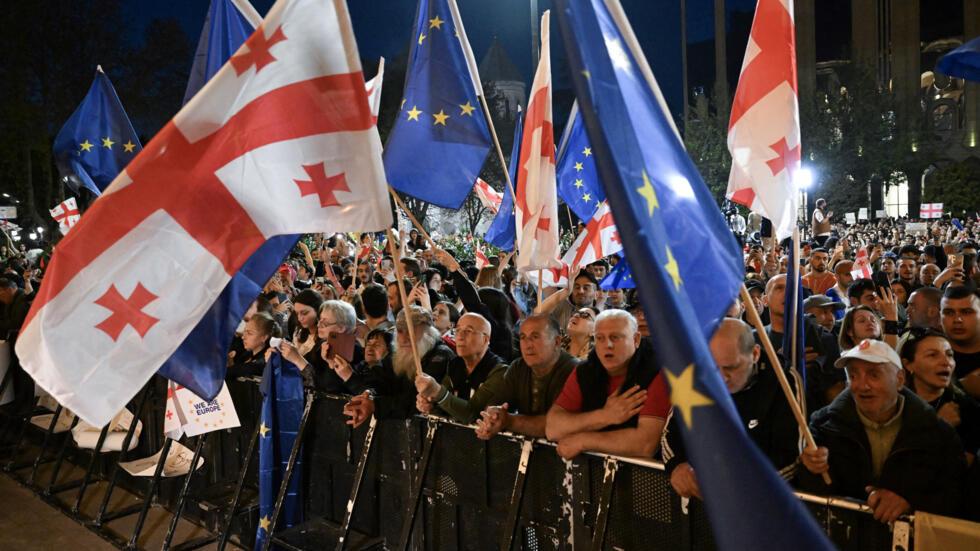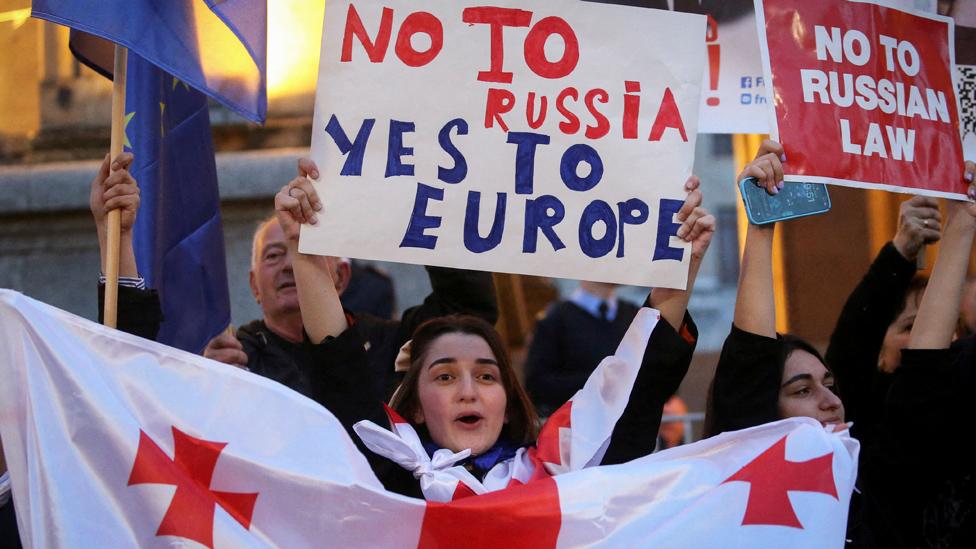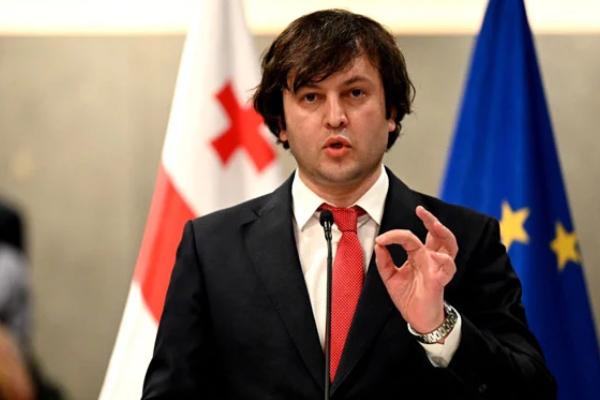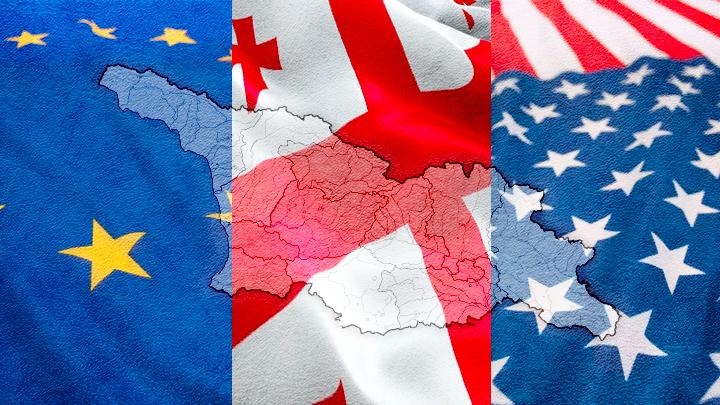Will Georgia's foreign agents law change the country's profile? Geopolitical realignment
On May 27, the Georgian parliament, dominated by the governing Georgian Dream party, announced its rejection of President Salome Zourabichvili’s veto on the controversial law on foreign agents. The vote, which saw 84 votes in favour and only four against, was a clear demonstration of the party's control over the assembly's 150 seats, well above the half needed to overturn the veto.

In Georgia, many young activists and political party leaders flooded the streets to protest against the ruling government’s decision to pass a foreign agents’ law to exert more influence over foreign non-governmental organizations’ funding in the country. Moreover, the controversial foreign agents bill has been amended to allow penalties for private individuals if they do not provide certain information upon authorities’ request. However, many NGOs have already announced they will not abide by legislation that requires them to state they are acting in the interest of a foreign power.
The passage of the foreign agents law has put Georgia's future, whether it aligns with Moscow or Western Europe, under scrutiny. The law's potential threat to Georgia's plans to join the European Union has been a major point of contention. The EU’s frequent criticism of Georgia, coupled with the law's passage and the dispersal of mass protests in Tbilisi, has strained relations between Brussels and Tbilisi, leading to bilateral accusations and hostile rhetoric.

Despite facing criticism, Georgia's governing authorities have defended the new measure, which they have labelled the 'transparency law'. They argue that it is a necessary step to counter alleged foreign attempts to influence domestic politics. However, critics warn that the law could significantly curtail freedom of speech and jeopardize Georgia's application to become an EU member. Both Brussels and Washington have voiced similar concerns.
Georgia was granted EU candidate status in December 2024 after long-term negotiations amid the Russo-Ukraine war. Since then, Georgia sought membership in the EU, though Brussels was in no rush to admit the Caucasian nation into its sphere due to frequent diplomatic tensions with the ruling Georgian Dream government. Unlike the prime minister and cabinet, President Zourabichvili demonstrated staunch criticism of the government and the GD Party, which further ignited the situation between the President and the government.

In contrast to the President's criticism, Prime Minister Irakli Kobakhidze has said the bill will create “strong guarantees” to help ensure long-lasting peace in the country. Amid internal political debates, mass protests, and Georgia-EU diplomatic rifts, many in the West are questioning Georgia's ability to meet the requirements to become a full-fledged member of the EU soon. For example, Lithuanian Foreign Minister Gabrielius Landsbergis said that “the passing of this law effectively puts Georgia’s accession to the EU on hold, with no benefit for anybody.”
Amid Russia's advancement in Ukraine and problems with Kyiv's arms supply, the EU and the US are eyeing Moscow's more isolationism in the post-Soviet region, particularly in the South Caucasus. However, Georgia’s refusal to make concessions regarding the bill project puts it in hot water, as the US threatens to put pressure on Georgia and adopt sanctions against some Georgian officials. Unsurprisingly, the cautions of Western partners stirred mixed reactions from the Georgian authorities.

The logic is clear: Georgian Dream fears that pressure from the United States and the EU, coupled with the growing unhappiness in Georgia, could stop it from winning enough votes for a parliamentary majority in the elections. Another complex issue in the current situation is the division of society. At the same time, some in Georgia believe that the current controversial agent's bill was coordinated with Moscow, and supporters of the government argue that the law will bring transparency to the NGO sector and limit Western influence, mainly to preserve traditional values.
For now, it is evident that there is no serious constitutional obstacle for the GD government to adopt the foreign agents' law despite harsh criticism at home and abroad. Nevertheless, after the reintroduction of the controversial bill, the government's approval rates will suffer significantly, and bigger mobs in all major cities will take to the streets to protest against the government and the controversial bill, with further profound geopolitical consequences.








